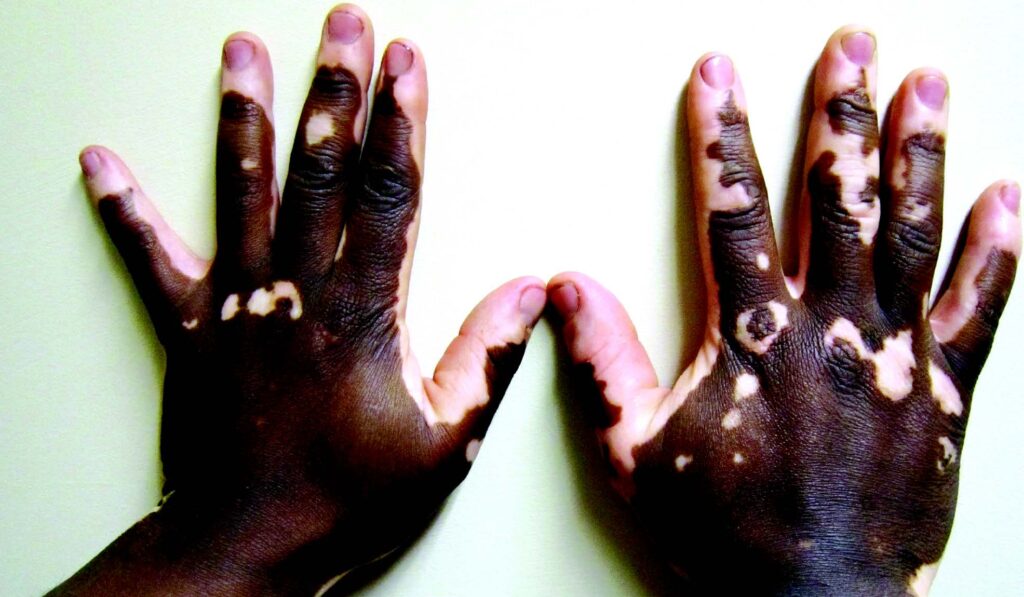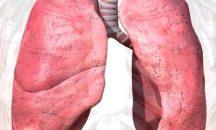“Vitiligo is a white patch that affects the soul” — Dr. Iltefat Hamzavi

Vitiligo is a disease that causes the skin to lose its colour. This appears as patches which get bigger as the patient ages and this makes it a chronic condition. Melanin is what determines the colour of the human skin and hair, Vitiligo occurs when cells that produce melanin die or stop functioning. It affects people of all skin types, but it may be more noticeable in people with darker skin tones. In most cases, it develops early in life, between ages 10 and 30. It will almost always show up before age 40.

According to the Vitiligo Foundation, 70 million people worldwide have the condition where 20 to 35 per cent are children. In Ghana, we have quite a number of people living with the condition and are doing a lot to raise awareness of the condition. Refer to their Facebook page @Vitiligo Ghana.
The condition is not life-threatening or contagious but can be stressful and can make one feel less confident about themselves.
CAUSES
It is not very clear why these cells die but it may be due to an autoimmune condition, where your body’s defences turn on your own cells instead of attacking invading germs, type 1 diabetes, or genetics – that is, it can be passed down to a person by their parents.
SYMPTOMS
Vitiligo signs include:
• Loss of skin colour in patches which starts from the hands, face and areas around the body openings and genitals. These patches may stay same for a while or may spread quickly.
• Premature whitening or greying of the hair on one’s scalp, eyelashes, eyebrows or beard
• Loss of colour in the tissues that line the inside of the mouth and nose (mucous membranes)
It is important to note that people with Vitiligo may be at risk of psychological distress, sunburn, eye problems and hearing loss.
TREATMENT
There’s no known way to prevent or cure Vitiligo, however, treatments are available in the form of creams and Ultraviolet Radiation treatments which may slow the discoloration and return some colour to the skin. Which treatment may work best for you, depends on how old you are, how much skin needs improving, and how much your Vitiligo affects you. It is recommended for people who have the condition to stay away from the radiation of the sun and use sunscreen when outside.
CONCLUSION
Africans and especially Ghanaians have a bad habit of branding some of these conditions spiritual, tagging them as witches and wizards. Just like any other condition, Vitiligo is strictly medical and people on the condition deserve love. June 25 is World Vitiligo Day and it is important to know what the condition is, and what to do when you or a loved one gets it.
REFERENCES
REFERENCES
Mayoclinic.org
Globalvitiligofoundation.org
Webmd.com
Written by
Augustina Amarh and Maureen
Masopeh
Content Creators
Health Essentials Ltd
Vitiligo















